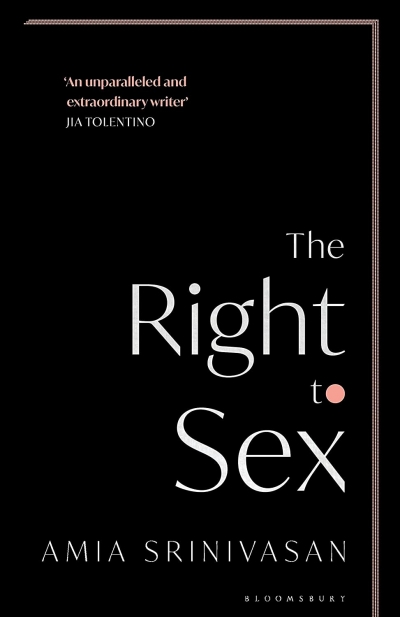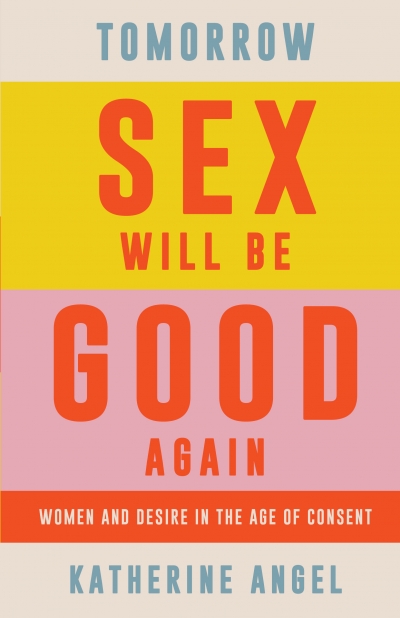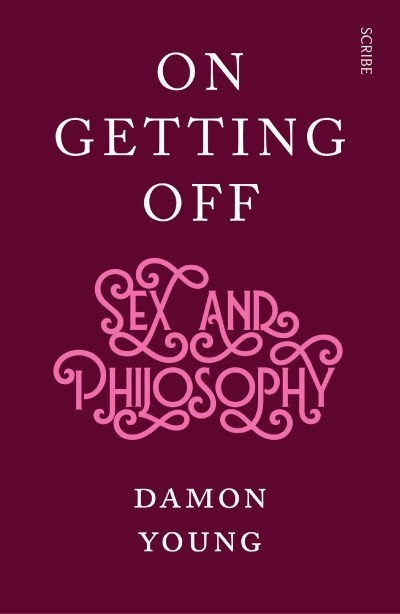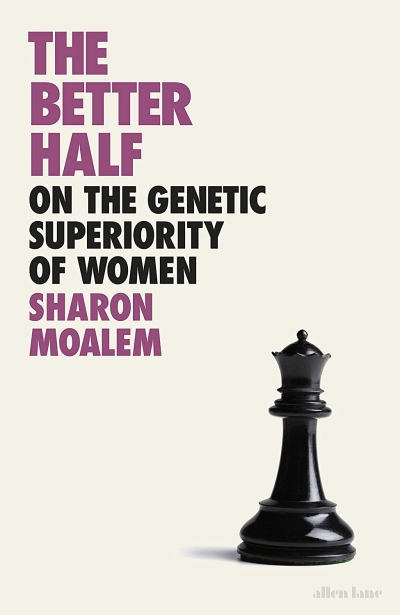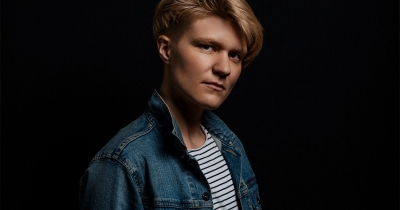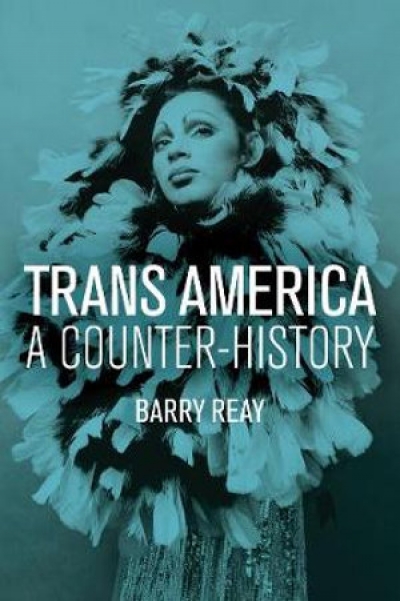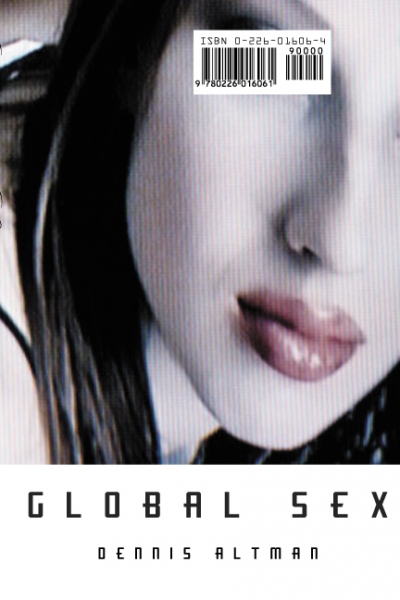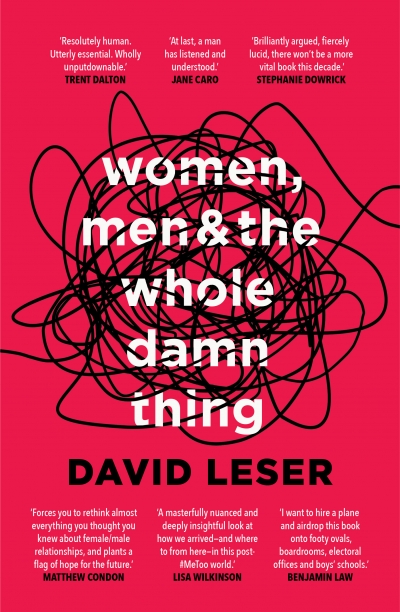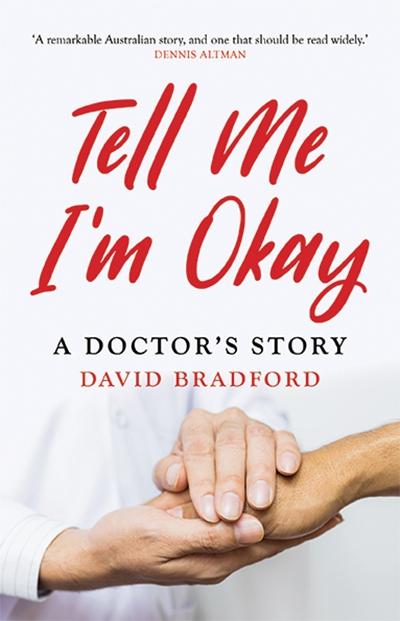Gender and Sexuality
The feminist philosopher Nancy Bauer once asked her female students why they spend ‘their weekend evenings giving unreciprocated blow jobs to drunken frat boys’. They tell her that ‘they enjoy the sense of power it gives them. You doll yourself up and get some guy helplessly aroused, at which point you could just walk away. But you don’t.’ The question Bauer wants to ask, but can’t, is: ‘Why the fuck are you all doing this?’ She can’t ask it because she does not want to patronise her students, she does not want to moralise, and she does not want to presume how they ought to be having sex. Yet, in the face of her students’ silence, their own failure to make sense of their desires, she wonders if what they do – be it narcissism or self-effacement, a substitution of sadism for masochism, or just a grown-up version of ‘Mommy will kiss it better’ – is what they really want? Or have they been made to want it? Have they been made to believe that this is what women want to do: kiss men’s booboos better?
... (read more)Tomorrow Sex Will Be Good Again by Katherine Angel & Why We Lost the Sex Wars by Lorna Bracewell
Among historians of sexuality, it is customary to stress that there was never just one sexual revolution, but many. There were the pop-culture versions, the countercultural expressions and perhaps most momentously, but least discussed, the everyday or ‘ordinary’ sexual revolution. Or conversely, as French philosopher Michel Foucault so influentially argued in The History of Sexuality Vol. 1: The will to knowledge – first published in French in 1976 and in English in 1978, in the very thick of the so-called sexual revolution – there was no liberating sex from the disciplinary and regulatory effects of modern sexuality, already by then at least three centuries old. One of the delusions of the age was that, as we put sexual repression behind us (by saying yes to sex, for instance), ‘tomorrow sex will be good again’.
... (read more)On Getting Off is an attempt to think about sex philosophically, through the lens of personal, literary, and artistic experience. Damon Young, a Melbourne philosopher, is keen on reflective sex and legitimises this fetish with a carrot and stick, seducing readers by arguing for its superior pleasures and threatening us by implying that the alternatives are morally dubious or diminishing. He considers a wide variety of subjects and circumstances along the way, including the power and peculiarity of sexual attraction, the place of humour in sex, ‘teasing’ and suspended pleasure, the bounties and pitfalls of beauty, the stigma of prostitution, the complexities of sexual fantasy, the function of sex robots, and the importance of meaningfulness. He approaches these matters with fluency and an impressive variety of references – literary, artistic, and philosophical – but the insights are often dull.
... (read more)The Better Half: On the genetic superiority of women by Sharon Moalem
All authors who are releasing new books during the global pandemic are at a disadvantage, but some less so than others. It helps to have a title that speaks to the moment, which The Better Half, with its central thesis that women are ‘genetically privileged’, certainly does. The coronavirus, we have learnt, tends to affect men more severely than women. Some have attributed the discrepancy to men being more likely to engage in risk-taking or health-compromising behaviours, while other experts have advanced a genetic explanation.
... (read more)When I’m ten or so, my brother appears shirtless at the dinner table. Ever the eager disciple, I follow his example without a second thought. It is a sweltering January day, and our bodies are salt-crusted from the beach. Clothing seems cruel in these conditions. As my brother tucks into his schnitzel, tanned chest gleaming, I grow conscious that the mood has become strained. Across the table, my parents exchange glances. The midsummer cheer of recent evenings is on hold.
... (read more)Today’s transgender community is woefully ignorant of its past, beholden to ‘historical amnesia’ and the ‘erasure of much trans history’ – or so Barry Reay would have us believe. Reay, a prolific historian of sexuality at the University of Auckland, begins his new history, Trans America, by decrying the supposed trans failure to look to the past, before setting about the task of correcting, as he puts it, ‘the significant structural and conceptual weaknesses in trans history’.
... (read more)Six years after the ‘transgender tipping point’ proclaimed by Time magazine in 2014, the trans and gender-diverse (TGD) community continues to surge into the spotlight. From Netflix and Neighbours to the Merriam-Webster Dictionary (which named ‘they’ its 2019 word of the year), transgender experience is enjoying well-deserved recognition and representation. Visibility, however, is not without its problems. Internationally, growing awareness has triggered an anti-trans backlash, with the TGD community becoming a conservative scapegoat du jour. The United States is experiencing a spate of anti-trans violence, while ‘bathroom bills’ proliferate in red states. In Australia, the 2016 moral panic over Safe Schools was followed in 2019 by The Australian’s anti-trans campaign (with sixty-eight articles, ninety-two per cent of them negative, published in six months), as well as the transphobic fearmongering of TERFs (trans-exclusionary radical feminists) over Victoria’s birth certificate reforms – not to mention Prime Minister Scott Morrison’s attacks on ‘gender whisperers’.
... (read more)If there was any doubt about the need for intelligent writing on sex, international relations, and that current political catch-phrase – globalisation – look no further than last month’s United Nations General Assembly special session on HIV/AIDS. Convened by the Secretary-General, the session ground to a halt as Syria, Egypt, and Malaysia ...
... (read more)Australian journalist and author David Leser’s 2018 Good Weekend article, ‘Women, Men and the Whole Damn Thing’, sparked a wildfire of commentary, confession, and praise. Written in the early white heat of the #MeToo movement, the Harvey Weinstein exposé, and Oprah Winfrey’s 2018 Golden Globes speech in which she spoke out on behalf of the Time’s Up campaign ...
... (read more)Midway through this account of his life as a gay doctor who specialised in sexually transmitted infections, David Bradford diagnoses his first case of AIDS. It is February 1985 and Bradford is the director of the Melbourne Communicable Diseases Centre (MCDC) and the chief venereologist of Victoria. His patient James ...
... (read more)

